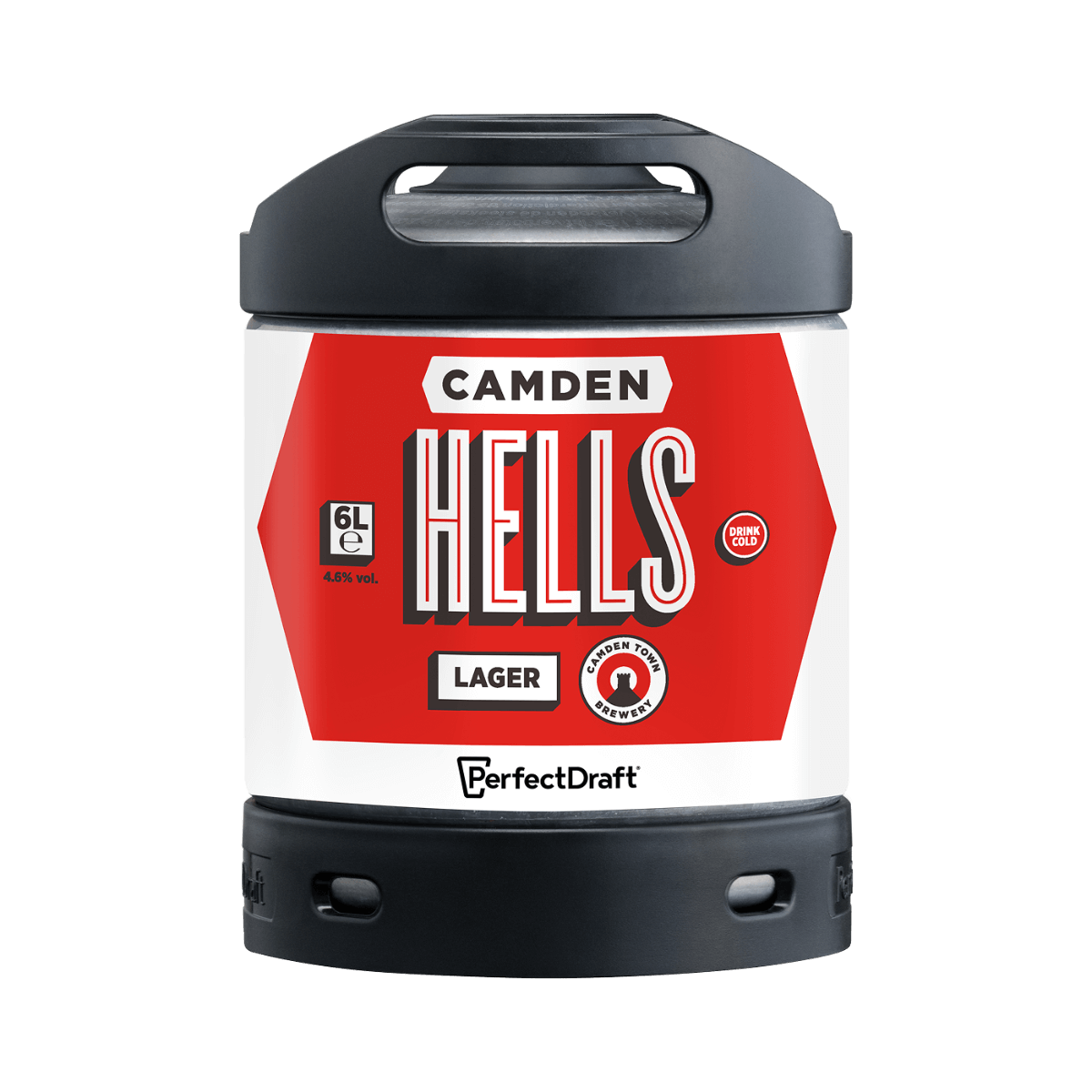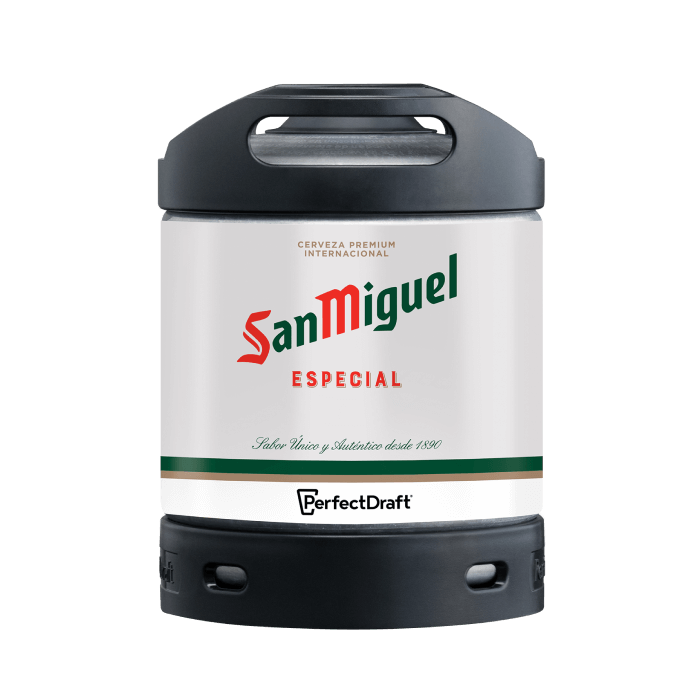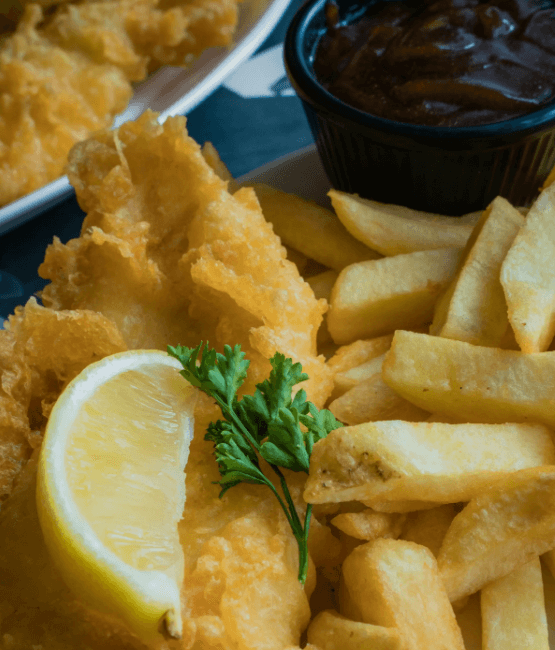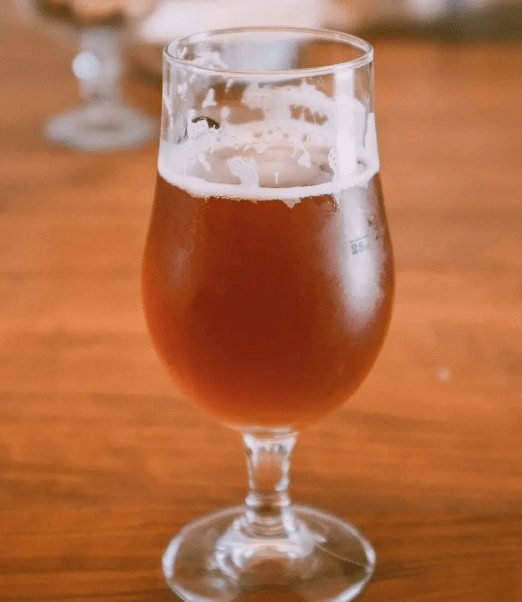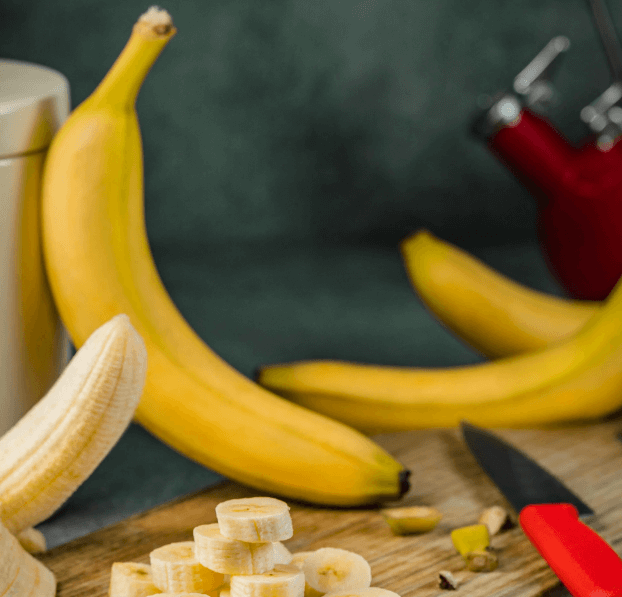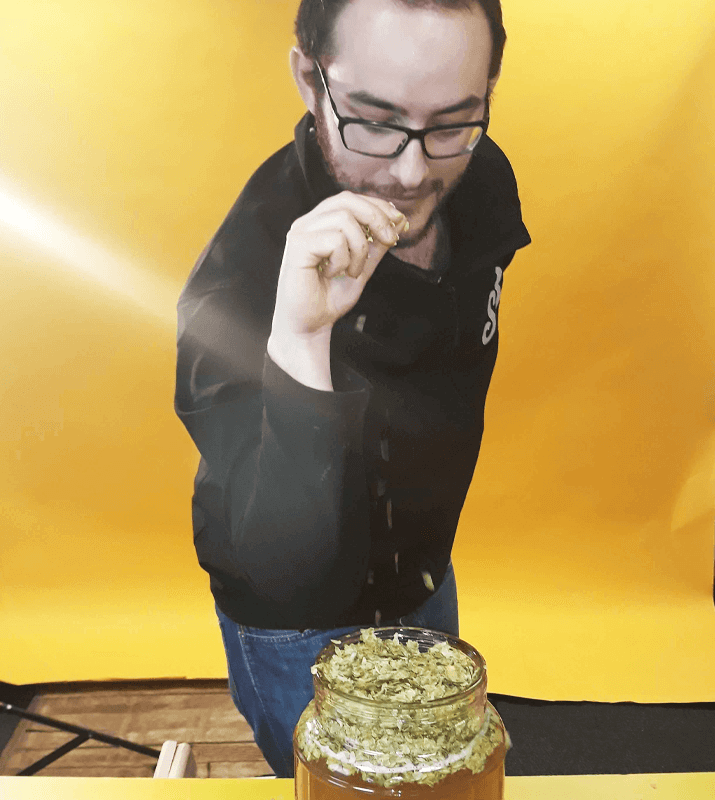
Thinking about getting into brewing but still have a few gaps in your knowledge? You're in the right place. Today, with the help of expert brewer Alexandre, we're diving into the essential brewing stage known as boiling.
What Is boiling in brewing?
Boiling refers to the phase where a liquid is heated until its vapour pressure exceeds atmospheric pressure, forming large bubbles of steam that rise to the surface. In brewing, this process is critical to beer production and plays a central role in transforming wort into a clean, flavourful base for fermentation.
Why boiling is crucial when brewing beer
Boiling serves multiple important functions in the brewing process:
- Stabilises the composition of the wort
- Sterilises the wort by killing bacteria and wild yeasts
- Extracts and transforms hop compounds
- Coagulates proteins, improving clarity
- Enables the precipitation of protein-polyphenol complexes
- Initiates Maillard reactions, adding flavour and colour
- Evaporates undesirable volatiles such as DMS (dimethyl sulfide)
- Concentrates the wort by evaporating water and increasing sugar density
The wort is typically boiled for 60 to 90 minutes, and this is also when hops are added.
Understanding hops and their role
Hops bring two key qualities to beer: bitterness and aroma. They contain bitter acids and resins, as well as essential oils that are highly volatile.
Bittering hops are added early in the boil to maximise isomerisation and bitterness. Aromatic hops are added late to preserve delicate flavours. Timing is key.
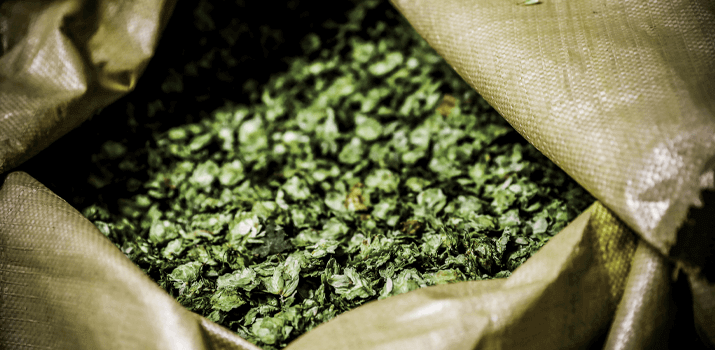
If you inspect a hop cone closely, you’ll notice a yellow powder between the bracts—this is lupulin. It contains alpha acids (humulones) and beta acids (lupulones), which are responsible for bitterness. On hop packaging, the bitterness potential is expressed as the alpha acid percentage.
Alpha acids are only slightly soluble in wort, but during boiling they undergo isomerisation, converting to iso-humulones, which dissolve more easily and contribute measurable bitterness to beer—quantified in IBUs (International Bitterness Units). You can find more on this in our article: “Bitterness, it takes work.”
For aroma, hops contain essential oils that are best preserved by adding them at flameout or through dry hopping during secondary fermentation. This technique enhances hop aroma without exposing delicate oils to high heat. As fermentation slows, fewer bubbles pass through the airlock, reducing aromatic loss.
Still have questions? Explore our full library of beer brewing guides to deepen your knowledge and master the art of home brewing.
Alcohol abuse is dangerous for your health. Please drink responsibly.
Read other articles : What types of sugars should you use in beer ? and What types of yeast should you use to brew your own beer ?

